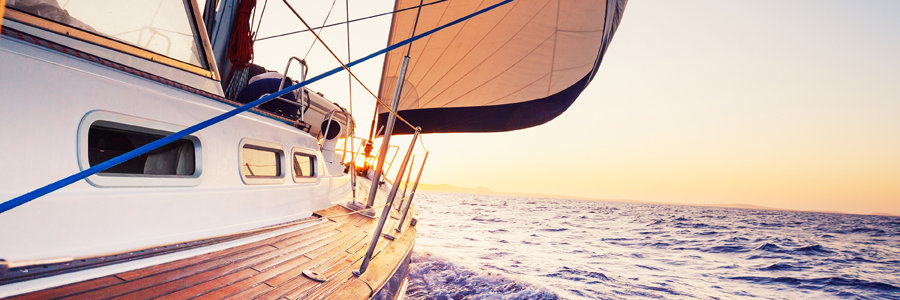The fourth meeting of the Joint Programming Committee held on 3-4 February 2021 focused on finalising the topics of the new Programme and agreeing on concrete steps to simplify funding procedures in the future.

© PantherMedia / EpicStockMedia
Valuable exchange among Programme countries
Delegations of eleven countries: EU members states and neighbouring partner countries from around the Baltic Sea, representatives of the European Commission and the Managing Authority/Joint Secretariat (MA/JS) met for another online meeting to proceed with the preparations of the new Programme. Following Lithuania’s turn in the chairmanship, it was Andrius Valickas from the Ministry of the Interior of the Republic of Lithuania who chaired the meeting.
Latest updates on the progress in legislation was presented by the European Commission representative, Blagovestka Riiser. The Committee members used the opportunity to exchange on the preliminary ideas on future funding to the Programme, co-financing rates for project partners as well as the budget split between priorities.
Four priorities to drive transnational cooperation in the region
There is a clear agreement that the four priorities, i.e. Innovative societies; Water-smart societies; Climate-neutral societies; and Cooperation governance, best reflect the needs for transnational cooperation identified by the Programme countries for the next seven years. The Committee members approved the Programme thematic framework already in December 2020. At the February meeting, the Committee members agreed on the final finetuning of the topics the future Programme will cover.
Simplified procedures for applicants and partners
Members of the Joint Programming Committee discussed how to efficiently set up the Management, Financial and Control Systems.
The Committee members agreed on further simplifications for the benefit of applicants and project partners. One important element will be the simplification of the Programme’s State aid assessment procedure. As a result, future applicants and project partners will have clarity about State aid directly at the project start, while the administrative efforts will be reasonable.
Next steps
The next meeting of the Joint Programme Committee is planned for the end of March. During this meeting, the discussions will start on the future Programme budget as well as the timelines and procedures for the application rounds.
The Joint Programming Committee members aim to finalise the Programme document by mid-2021 and expect the European Commission’s approval until the end of 2021. At this time, also the launch of the first application round could be planned.






